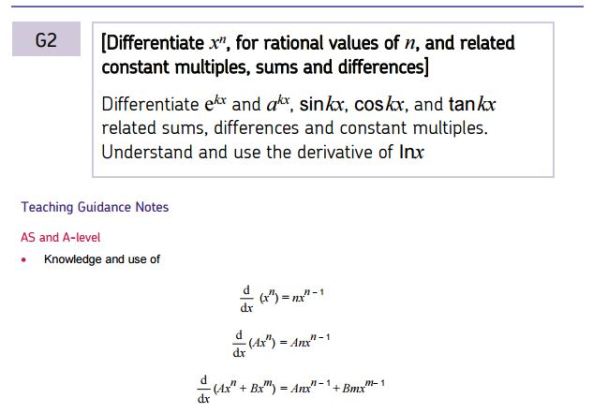
That quote from Robert Collier seems so appropriate when it comes to revision. Once again, this academic year I have used the day in, day out approach even more with my students, frequently reviewing earlier work even for short sessions. I am convinced this is important in our teaching and help makes things stick for our students.

Once again we are in the final run up to examinations, so, an annual job I have checked and made many major updates to the series of revision pages. There are two new pages, one is GCSE Questions by topic – I thought it would be useful to collect together resources which allow for revision by examination topic; the other is Chasing the highest grades?
Before mentioning the resources though we should think about how best to use them.
The first page in the series ‘Highlighting is a waste of time’ links to what I believe is a very important report on how students learn effectively; having used testing – even very short ‘self checks’ or ‘mini tests’ as they have come to be known in my classes I am convinced like the authors that this is very effective and we will be using testing in our revision classes, often short with immediate feedback so students can see if they can recall and apply information. When I asked my Year 9 students about good Maths teachers, one said:
A teacher who provides the student with the opportunity to see what they need to revise. Regular tests and quizzes do this.
On Study Strategies, note the very valuable set of resources from The Learning Scientists. See their blog for more information and note the excellent downloadable materials on study strategies including Retrieval Practice. Note the blog on meta-analysis of 217 Retrieval Practice Studies.
So before we worry about amazing revision resources we must consider how we will use them so our students learn effectively. According to research learning strategies with high utility include distributed study sessions (last minute cramming is not effective) and practice testing.
So bearing these learning strategies in mind, many of the resources found on the series of revision pages could be used as mini tests with immediate feedback or several topics mixed up within a lesson and perhaps the trickiest topics revisited several times over the last weeks, even if briefly.
The revision activities can be found on the series of revision pages:
- Highlighting is a Waste of Time
- MadAsMaths (16+)
- UK A Level (16-18) Exam Questions & Solutions
- UK GCSE (14-16) Exam Questions & Solutions
- GCSE (14-16) by Topic
- Mini-Tests
- Corbettmaths 5-a-day
- Multiple Choice Questions
- Loop Activities / Treasure Hunts
- Dynamic Maths
- Diagnostic Exam Questions
- MathsBox
- For Students …
- Other Revision Ideas – a collection
For students, I have added the revision and examination questions to Mathematics for Students.
Resources in the collections allow for a mix it up approach but also provide questions by topic. A huge thank you to the teachers who so willingly share their resources – you are helping students everywhere. Correct attribution has been given wherever possible with the resources. All resources are free.
Wishing your students everywhere success in their examinations.















